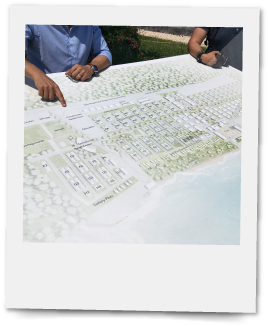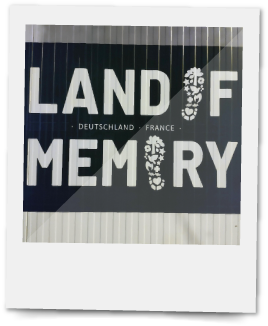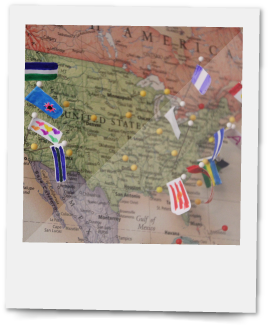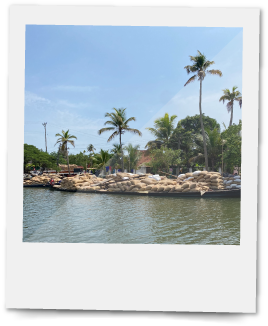RESEARCH
Our research projects are driven by ongoing conceptual debates that wish to overcome the common dualistic understandings of e.g. human-nature, culture-economy, land-sea, virtual-actual, North-South. Thus, they embed current cultural geographic approaches within the wider theoretical discussions of the new materialism, posthumanism, and postphenomenology as well as the methodological interests of Science and Technology Studies. Drawing on ethnographic insights we generally strive to go beyond the discursive formation of the phenomena under study and consider their lived experience. For this to be possible, our work is embedded in strong international research networks and close collaborations with partners - at universities but also outside of academia as they inspire us to challenge established points of view and look at the world from different perspectives.

Cultural Geographies across North-South divides
Driven by a strong interest in the history and paradigmatic shifts of cultural geography, our research is informed by the current conceptual debates in this field. In particular, we attempt to overcome a division between cultural geographies in the Global North and development geographies in the Global South and encourage a more „worldly“ and relational theorizing.
Digital Geographies
Looking in particular at the role information and communication technologies are sought to play in development, disaster risk reduction and environmental governance, where many still seem to believe in the idea of a technological fix, we are interested in following the technologies from their spaces of design to sites of everyday use to see not only what they are envisioned to do but also what they actually do, including their unintended side-effects and the way they mediate human-world-relations more generally.
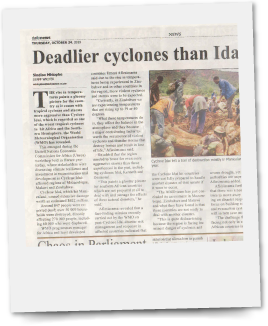
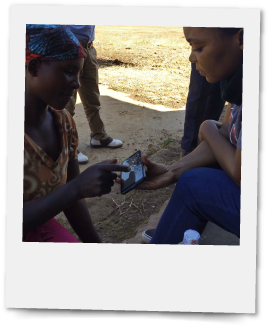

Maritime Geographies
Our interest in the ocean is twofold: On the one hand, we wish to examine the relations between humans and the sea by focusing on coastal waters as a particular contact zone (Haraway 2008).
On the other hand and in line with recent debates in Area Studies, we are interested in maritime regions as fluid spaces that transcend common spatial units of analysis by foregrounding relations and processes of exchange over physical proximity. In linking both, we critically discuss the role of new technologies in processes of knowledge generation about the ocean.
On the other hand and in line with recent debates in Area Studies, we are interested in maritime regions as fluid spaces that transcend common spatial units of analysis by foregrounding relations and processes of exchange over physical proximity. In linking both, we critically discuss the role of new technologies in processes of knowledge generation about the ocean.
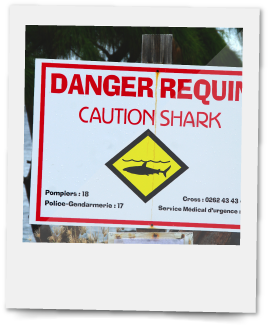
Long-term Projects
Apart from these current research activities, we also still continue to pursue some long-term research interests. Following recent dynamics and developments in these research contexts, we benefit from long-standing relations to different actors in these fields.
